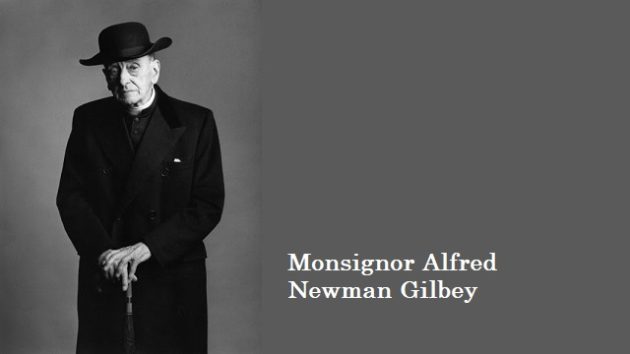Moral Progress? On the fallacies of progressive utopianism.
Christopher Akers on the fallacies of progressive utopianism. We’re not called to leave a better world but to leave the world as better people.
It has become a kind of drumbeat in debates concerning moral issues to hear that “it’s the 21st century, get over it!” Or: “it’s 2017, not the Middle Ages!” Those who assert such things seem to think that they have made a point that cannot be rebutted; a veritable killer blow to an opponent’s position. This attitude has also seeped into our political discourse. Politicians seem to greatly enjoy castigating the Church, demanding it “keep up with the modern world” on a variety of moral issues.
As a so-called “millennial,” however, I look around me and find this line of thought to be absurd. There is no reason at all why living in the year 2017 should automatically confer upon us moral superiority. The reality is that individual men and women are just as good or evil as they ever were. And we have good evidence to back that up. As G.K. Chesterton once opined, to discover the truthfulness of original sin, all we have to do is step out of our front door. To my eye, this truth hasn’t changed a lot.
History is a crooked path, in part cyclical, rarely and only in short bursts linear. All the easy talk of the progressive “arc of history” has to ignore the most obvious evidence. Great civilisations – including our own – rise and fall. The horror and mass-murder of the twentieth century should have dispelled the naïve belief in constant moral and material progress. Ideologies replaced faith, men forgot God, and both peacefulness and refinement have been in retreat. Yet the drums of the “progressives” beat on, though what we are progressing towards, no one can exactly say.
The disparagement of Western history and culture is at the centre of this unexamined modern worldview. It is unnerving to consider that our forebears may not actually have been as ignorant or corrupt as is often claimed. We’d much rather pretend to admire the latest architectural monstrosity than admit that classical structures might reflect admiration for certain public virtues or that the medieval cathedrals are actually effective in raising the soul to heaven. Indeed, it has become passé or downright offensive to speak about the glories of Western civilisation. We don’t want Augustine, Dante, Shakespeare, or Bernini anymore; that would be too “Eurocentric” and “elitist.”
Click here to read the rest of Mr. Akers’ column . . .
EDITORS NOTE: The featured image is of Monsignor Alfred Newman Gilbey.



Leave a Reply
Want to join the discussion?Feel free to contribute!